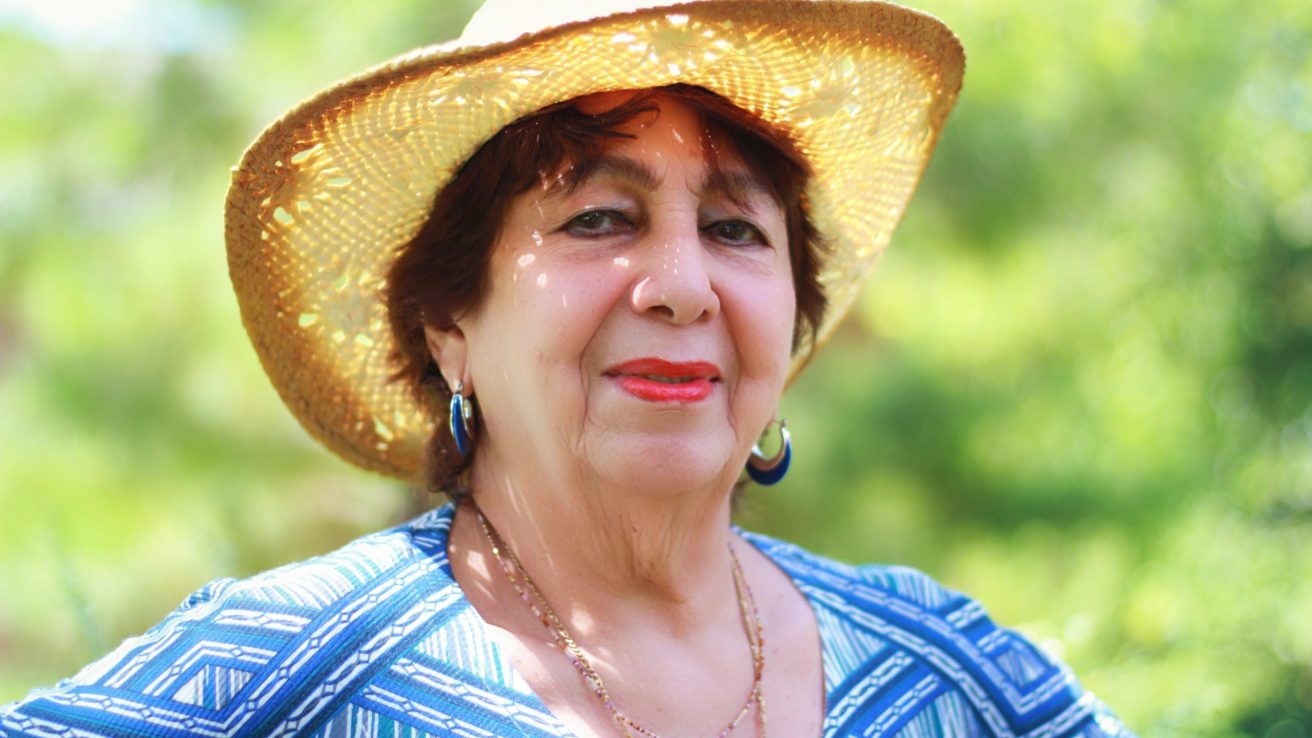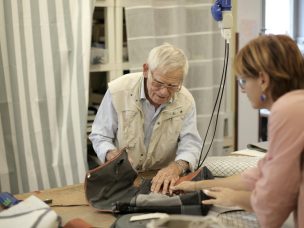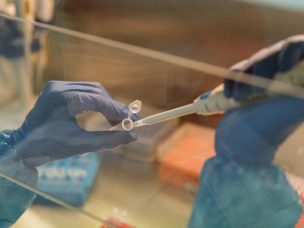What can clinicians do to continue treating patients with Hodgkin’s lymphoma (HL) during a widespread shortage of the drugs typically used to do so? This study, published in Blood, reviewed this predicament experienced by hematologists/oncologists in Mexico from mid-2019 to mid-2021. The study will be presented at the 2021 ASH Annual Meeting & Exposition.
During the drug shortage, which impacted the most common protocols for HL, clinicians had two options for treatment: use a standard protocol with incomplete doses or apply an alternative complete CHOEP (cyclophosphamide, hydroxydaunorubicin, Oncovin, etoposide, and prednisone) protocol.
The researchers compiled data on 58 patients, including baseline characteristics and response rates, and compared them to the same data points from 475 patients treated before the shortage. At the end of the study, they found that 17.7% of the shortage cohort received a standard complete treatment, with the rest of the cohort receiving incomplete or alternative protocols for their treatment.
The analysis of each chemotherapy protocol found distinct differences in response rates for complete versus incomplete protocols. Overall, survival rates were much lower with the CHOEP regimen when compared to complete or incomplete ABVD (Adriamycin, bleomycin, vinblastine, and dacarbazine) or BEACOPP (bleomycin, etoposide, Adriamycin, cyclophosphamide, Oncovin, procarbazine, and prednisone).
The researchers concluded that the CHOEP regimen for patients with HL is not an effective treatment, and if there is a lack of critical drugs, there is likely to be a better response rate with an incomplete yet standard protocol for treatment. A call to action is made to examine non-standard protocols for HL treatment, particularly in areas with limited resources [1].
Source:
[1] Rubalcava, L. F. F., Cesarman-Maus, G., & Ramirez-Ibarguen, A. F. (2021). A Latin-American cancer center experience in the treatment of Hodgkin’s lymphoma during a drug shortage. Blood, 138(Supplement 1), 1919. https://doi.org/10.1182/blood-2021-153608










